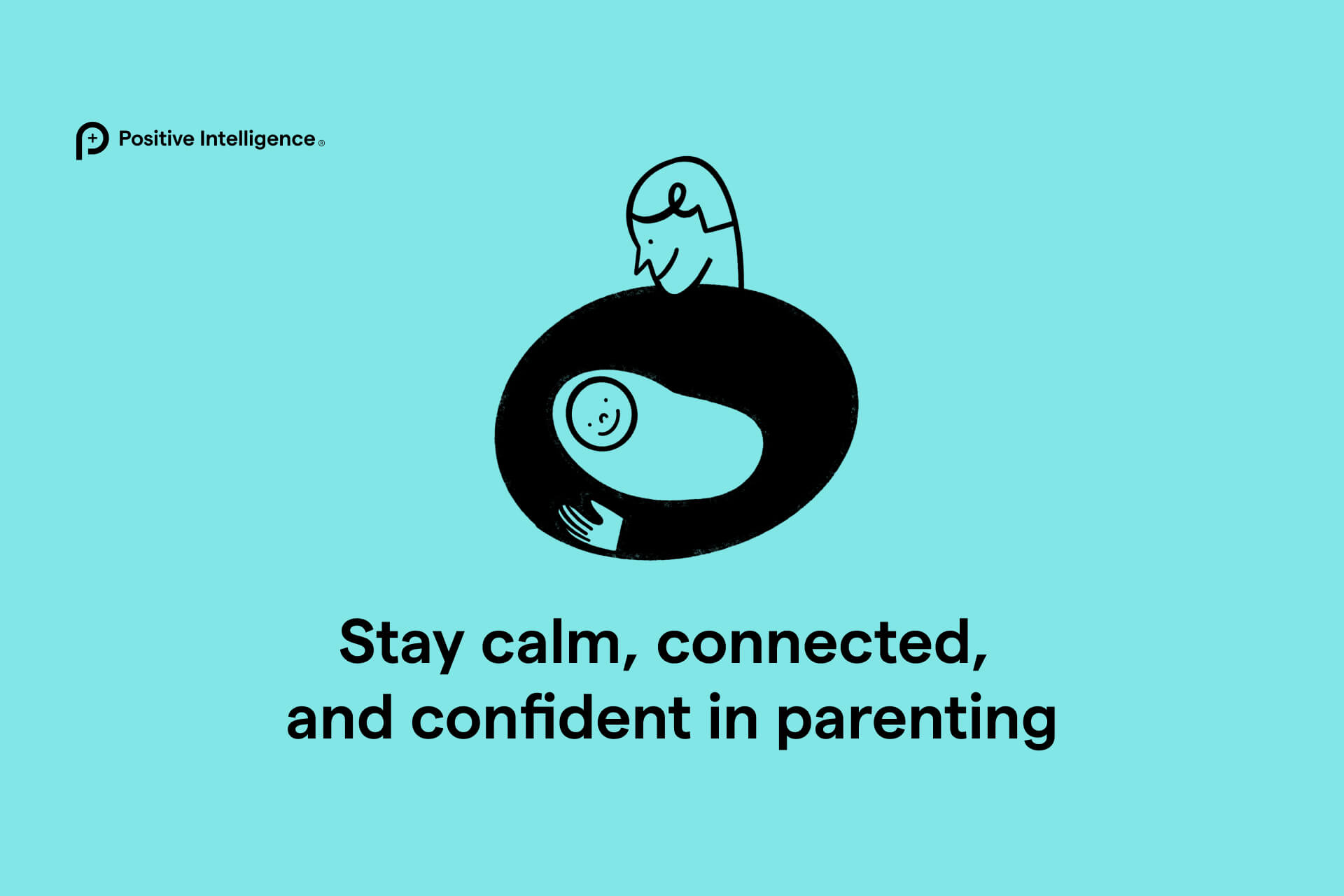
Individual
A self-facilitated program to boost your mental fitness for personal and professional growth
This website will offer limited functionality in this browser. We only support the recent versions of major browsers like Chrome, Firefox, Safari, and Edge.

Select the experience that fits your needs

A self-facilitated program to boost your mental fitness for personal and professional growth

A self-facilitated mental fitness program with exclusive pricing for 2 to 25 individuals

Explore coach-led mental fitness programs with workshops tailored to your organization
Mental Fitness

Parenting is one of the most fulfilling roles in life — yet also one of the most challenging. It brings moments of pure joy but can also be a source of stress, self-doubt, and emotional overwhelm. If you’ve ever found yourself exhausted by the weight of parenting decisions, frustrated by your child’s behavior, or questioning whether you’re doing enough, you’re not alone.
The good news is that parenting doesn’t have to be so hard. The secret to making it more joyful, less stressful, and deeply rewarding is strengthening your mental fitness.
Which would you pick if you had to choose between your child growing up to be happy or successful?
Most parents instinctively say happiness. Yet, our daily parenting choices tell a different story. We push our kids to achieve — whether in school, sports, or social circles — because deep down, we believe success will lead to happiness. But research tells us otherwise: success doesn’t create happiness.
In reality, it’s the other way around. Happiness fuels success. Children who develop strong mental fitness — the ability to handle life’s challenges with resilience and a positive mindset — experience more joy and perform better in all areas of life.
When we shift our focus from raising successful kids to raising mentally fit kids, we simplify parenting and set them up for a lifetime of happiness and achievement.
Mental fitness is the ability to quiet the negative voices in your head — your Saboteurs — and activate your brain’s positive, resilient side — your Sage.
Think about those moments when you lose your patience, judge yourself harshly, or feel overwhelmed. That’s your Saboteur Brain at work, whispering thoughts like:
These thoughts create stress and frustration, making parenting feel like an uphill battle. But when we strengthen our Sage Brain, we gain access to empathy, curiosity, creativity, and calm — allowing us to parent from a place of confidence and connection rather than stress and control.
Your child’s ability to navigate life with resilience starts with understanding how their brain works. The key concepts of mental fitness include:
But here’s the trick: Don’t start by teaching this to your kids. Start with yourself.
Instead of saying, “You need to work on your Saboteurs,” try, “I’ve noticed my Judge Saboteur took over today. I’m working on catching it.” When you model self-awareness and growth, your children naturally become curious and more open to learning about their minds.
Children learn far more from watching us than from what we tell them. When they see us handle frustration, setbacks, or stress gracefully, they internalize those behaviors.
Consider a parent who loses his temper with his child after a stressful work call. Instead of ignoring it, he can take a deep breath, shift into Sage mode, and apologize:
“That wasn’t me — that was my Saboteur hijacking me. I’m sorry. I’m working on handling stress better.”
His child will be more likely to forgive him and begin using the same language to describe their emotions. They will learn that emotions don’t have to control us — we can train our brains to respond differently.
Rather than forcing mental fitness lessons, wait for the right moments when your child is struggling and open to learning.
Consider a teenager who loses a championship soccer match in a penalty shootout. Instead of focusing on the mistake, the parent may ask, “What do you think made the difference between the two teams?”
The teen may realize that her team’s mental state — not their skill — was the deciding factor. This can be the perfect opportunity to introduce mental fitness techniques for managing stress and focus. Instead of resisting, the teen will be eager to learn because the lesson directly applies to her goals.
Even when we know mental fitness is essential, our parenting Saboteurs can sabotage our best intentions. Here are some common ones:
Each of these can make parenting harder and less fulfilling. The key is to catch your Saboteurs in action and shift to Sage — leading with empathy, curiosity, and wisdom.
Here’s how you can use the 5 Sage Powers to transform your parenting approach:
Your greatest gift to your child isn’t perfect parenting — it’s teaching them mental fitness so they can thrive in any situation.
When you shift your focus from raising successful kids to raising mentally fit kids, you remove so much of the stress and pressure of parenting. You don’t have to control every outcome. You only need to help your child build the mental muscles to navigate life with confidence, resilience, and joy.
Are you ready to strengthen your mental fitness and help your child do the same? Start by noticing your Saboteurs, shifting to Sage mode, and modeling resilience daily. Parenting isn’t about perfection — it’s about growth. And the best part? You and your child can grow together.
Discover how the PQ Program can help you cultivate more patience, understanding, and joy in parenting.

